‘It’s hell for us here’: Mumbai families suffer as datacentres keep the city hooked on coal
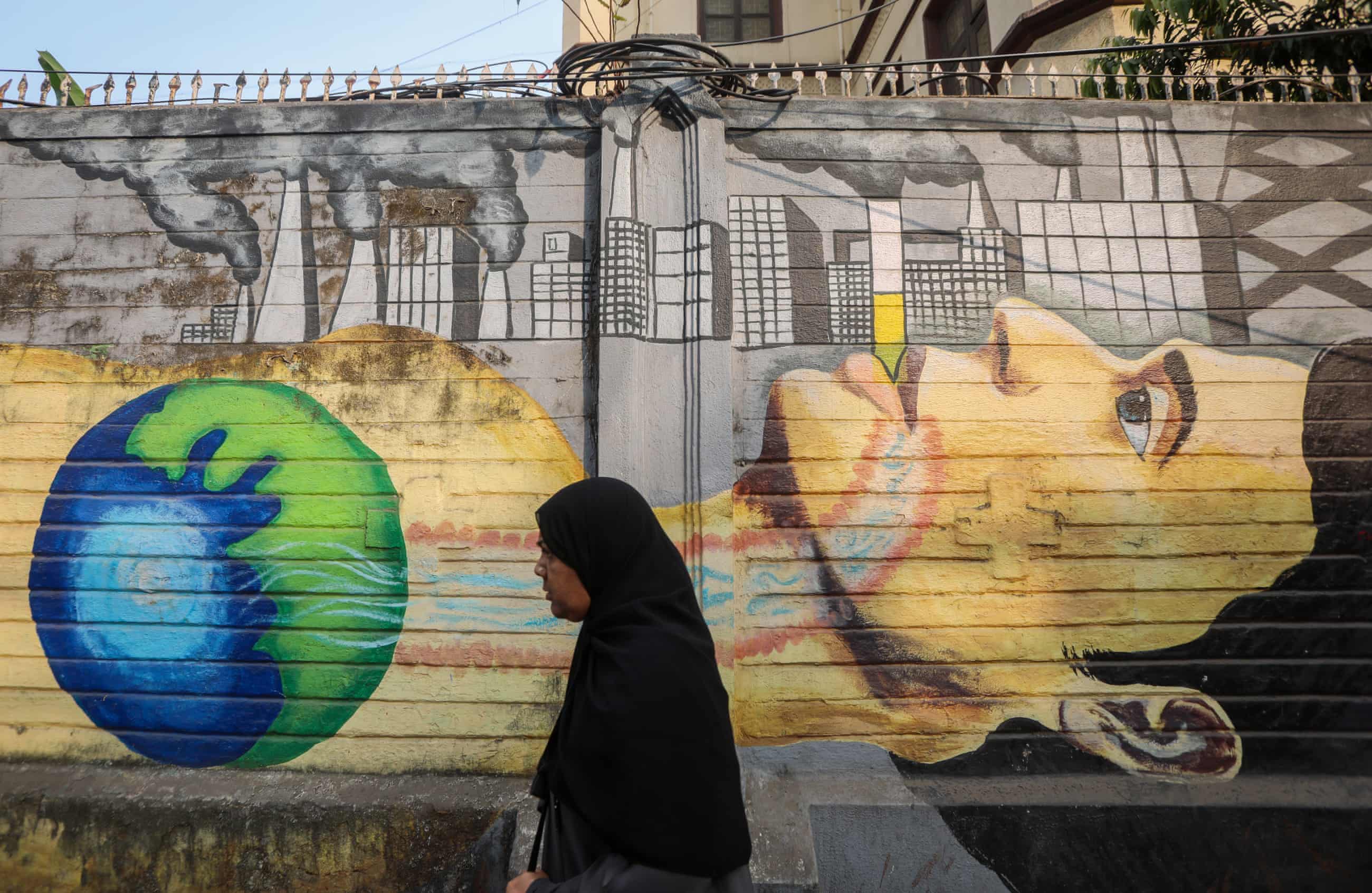
As Mumbai sees increased energy demand from new datacenters, particularly from Amazon, the filthiest neighbourhood in one of India’s largest cities must keep its major coal plantsEach day, Kiran Kasbe drives a rickshaw taxi through his home neighbourhood of Mahul on Mumbai’s eastern seafront, down streets lined with stalls selling tomatoes, bottle gourds and aubergines–and, frequently, through thick smog,Earlier this year, doctors found three tumours in his 54-year-old mother’s brain,It’s not clear exactly what caused her cancer,But people who live near coal plants are much more likely to develop the illness, studies show, and the residents of Mahul live a few hundred metres down the road from one,Mahul’s air is famously dirty.
Even behind closed car windows, there is a heavy stench of oil and smoke.“We are not the only ones facing health challenges in the area,” said Kasbe, who is 36.“It’s all covered with filth.”Two coal plants plant run by the Indian multinationals Tata Group and Adani were due to close last year in a government push to cut emissions.But late in 2023, those decisions were reversed after Tata argued that electricity demand was rising too fast for Mumbai to go without coal.
Neither company responded to requests for comment.Economic growth and the need for air conditioning in climate change-linked extreme heat have seen India’s electricity demand soar in recent years.But an investigation by SourceMaterial and the Guardian reveals the biggest single factor in the city’s failure to end its dependence on fossil fuels: energy-hungry datacentres.Leaked records also reveal the scale of the presence of the world’s biggest datacentre operator, Amazon, in Mumbai.In the city’s metropolitan area, Amazon, on its website, records three “availability zones”, which it defines as one or more datacentres.
Leaked records from last year seen by SourceMaterial from inside Amazon reveal the company used 16 in the city.As India transforms its economy into a hub for artificial intelligence, the datacentre boom is creating a conflict between energy demand and climate pledges, said Bhaskar Chakravorti, who researches technology’s impact on society at Tufts University.“I’m not surprised they’re falling behind their green transition commitments, especially with the demand growing exponentially,” he said of the Indian government.Kylee Yonas, a spokeswoman for Amazon, said Mumbai’s “emission challenges” were not caused by Amazon.“On the contrary – Amazon is one of the largest corporate investors in renewable energy in India, and we’ve supported 53 solar and wind projects in the country capable of generating over 4m megawatt hours of clean energy annually,” she said.
“These investments, which include our 99 megawatt wind project in Maharashtra, are enough to power over 1.3m Indian homes annually once operational.”Amazon is building hundreds of datacentres around the world as it vies with Microsoft, Google and others for leadership of the booming AI market.The company is failing to take responsibility for its role in prolonging the use of the most polluting energy sources, said Eliza Pan, a spokeswoman for Amazon Employees for Climate Justice.“Amazon is using the shiny thing of AI to distract from the fact that it’s building a dirty energy empire,” she said.
Yonas denied this, saying: “Not only are we the leading datacentre operator in efficiency, we’re the world’s largest corporate purchaser of renewable energy for five consecutive years with over 600 projects globally.”Amazon’s claims on green energy are controversial: the company has been criticised for using “creative accounting” by buying renewable energy certificates alongside direct purchases of green energy, as described by a member of Amazon Employees for Climate Justice.Mahul, where Kasbe drives his rickshaw, is a former fishing village now home to tens of thousands of people who moved there after slum clearances elsewhere in the city.Kasbe and his mother arrived there in 2018 after their home in the suburb of Vidyavihar was bulldozed.She had been healthy before the move but deteriorated rapidly until eventually she was diagnosed with brain cancer, he said.
Gajanan Tandle, who lives nearby, said pollution-linked illnesses were common.“There are so many cases of skin and eye irritation, cancer, asthma, TB and more, and no assistance from the government,” he said.Another local, Santosh Jadhav, has lobbied the government to move people away from Mahul.“Everything is contaminated.We are tired of fighting for a decent means of living,” he said.
“It’s hell for us here.”Sign up to TechScapeA weekly dive in to how technology is shaping our livesafter newsletter promotionAmazon, an online marketplace that processes 13 million customer purchases each day, according to research by CapitalOne, has bet billions of dollars on an expansion of its lucrative cloud computing business and expansion of AI-assisted services, from automated coding to translation.The reason so many of its Mumbai centres have slipped under the radar is that they are leased rather than owned by the company.Whereas in the US Amazon tends to own its facilities outright, elsewhere it often rents either entire data farms or server racks in centres shared with other companies.Shared “colocation” units account for a larger increase in datacentre energy use worldwide than owned or wholly leased, according to Shaolei Ren, a computing specialist at the University of California, Riverside.
“Most of the energy in the datacentre industry is going into colocations,” he said.“They are everywhere.”Amazon’s Mumbai colocation datacentres used 624,518 megawatt hours of electricity in 2023, enough to power over 400,000 Indian households for a year, the leaked data shows.India is poised to overtake Japan and Australia to become the second-largest user of datacentre electricity in the Asia-Pacific region, S&P has forecast.By 2030, datacentres will consume a third of Mumbai’s energy, according to Ankit Saraiya, chief executive of Techno & Electric Engineering, an Indian power infrastructure supplier.
As it scrambles to keep ahead of demand for power, the state government of Maharashtra has extended the life of Tata’s coal plant in Mahul by at least five years.At the same time, it also postponed the shutdown of a 500-megawatt station operated by Tata’s rival, Adani Group, north of the city.When Tata argued for the extension in a petition to the state energy board, the biggest single factor the company cited was increased energy demand from datacentres.Adani said most anticipated new demand in the five years after the date by which its station was due to close would be from datacentres.The power stations are just two of many polluters in Mumbai’s Mahul district.
The area is also home to three refineries and 16 chemical factories, according to a 2019 report published by India’s Centre for Policy Studies which called the neighbourhood a “toxic hell”.But the Tata station, opened in 1984 and like other older power stations subject to laxer emissions rules, is “one of the key sources of air pollution in Mumbai”, according to Raj Lal, chief air quality scientist at the World Emission Network.It contributes nearly a third of local PM2.5 pollution, according to the Centre for Research on Energy and Clean Air.PM2.
5 refers to airborne particles 2,5 micrometers or less in diameter that can cause significant health problems when inhaled,Toxic heavy metals in coal ash from the plant are likely to cause “respiratory diseases, kidney issues, skin problems, cardiac issues”, said Shripad Dharmadhikary, founder of the environmental organisation Manthan Adhyayan Kendra,Even with the Tata plant kept running, Mumbai’s power grid is creaking under the strain of surging demand,To guard against blackouts, Amazon’s colocation datacentres in the city have bought 41 diesel generators as backup and are asking for approval to install more, documents show.
In August a report by the Center for Study of Science, Technology and Policy (CSTEP) identified diesel generators as a major source of air pollution in the region.The presence of datacentres that require constant power and diesel generators for backup “will naturally exacerbate emissions”, said Swagata Dey, air quality specialist at (CSTEP), asserting that datacentre operators should be required by law to power them with pollution-free solar electricity.One Amazon site in particular, just across the Thane Creek from Mahul, hosts 14 generators.One of the company’s partners received permission earlier this year to install 12 further generators at the site.“Public health impacts must be a central consideration when siting datacenters and choosing energy sources,” said Ren of the University of California, Riverside, who co-wrote a recent paper assessing public health risk from diesel generators at US datacentres.
Sushmita does not use a surname because in India a surname indicates the caste–a hierarchical and discriminatory social structure.

Political corrrectness that made me laugh | Brief letters
Among the endless gems in your paper, the Corrections and Clarifications column is an unheralded jewel. As well as a vehicle for setting the record straight, it is an endless source of wicked mirth. The first correction on 20November was: “An article referred to the current government as looking ‘on course to be the worst for living standards on record’. The analysis of official data on which this comment was based in fact related to the previous government.” I offer Labour the following advice: don’t give up! You have nearly four more years in office

Two peers suspended from House of Lords for breaking lobbying rules
Two long-serving peers are to be suspended from the House of Lords after a parliamentary watchdog ruled that they had broken lobbying rules.Richard Dannatt, a former head of the British army, and David Evans, Lord Evans of Watford, were filmed breaking the rules in undercover footage recorded by the Guardian.Lord Dannatt is to be suspended for four months after he was found to have broken the rules, having offered to secure meetings with ministers for a potential commercial client who wanted to lobby the government.He was secretly filmed telling undercover reporters he could make introductions to ministers and that he would “make a point of getting to know” the best-placed politician.After he was exposed in the undercover footage, the Guardian uncovered three further cases in which he had provided parliamentary services in return for payment
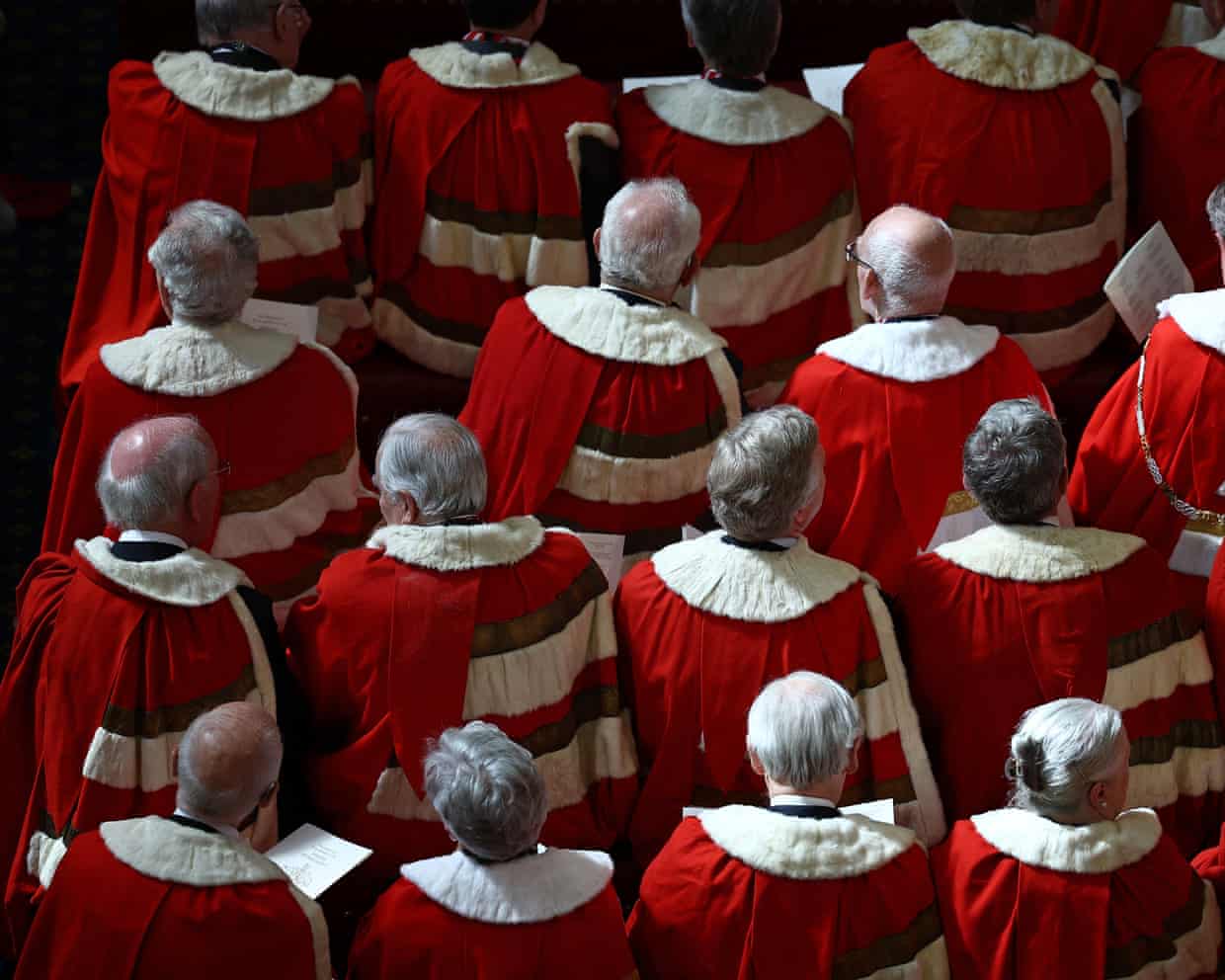
Lords rules and culture make it easy for peers to abuse privileged position
The former head of the British army Richard Dannatt and David Evans, or Lord Evans of Watford, a so-called high-level facilitator, have been found to have broken the House of Lords rules and are facing hefty suspensions as a result.The punishments follow official inquiries into their conduct, after undercover investigations by the Guardian revealed how the two peers separately offered to make introductions to ministers for a potential commercial client. A parliamentary watchdog ruled that the conduct was lobbying for personal profit, behaviour that breaks the fundamental principle that peers should always act solely for the public good.Lord Dannatt bragged to the undercover reporters that he would “make a point of getting to know” the best-placed minister, and make the relevant introduction, while Evans said how it was “great being a Labour peer at the moment because we’ve got our mates who now have senior jobs”. Both thought they were speaking to property developers offering a potentially lucrative deal

Reform UK claim to have saved £331m at English councils – but do the numbers stack up?
Reform UK has ignored requests to share the evidence for its claim to have saved £331m since it took charge of 10 English councils in May, prompting questions over whether the figure is true.The party has boasted that it had achieved £331m worth of savings at English councils it controls. Warning of a “blob” of vested interests devoted to “ripping off” taxpayers, Richard Tice, the new head of the party’s self-styled ‘Doge’ cost-cutting unit, added: “We’re going to war with these people”.Yet on closer analysis, examples of supposed savings at councils ranging from Durham to its “showcase” Kent appear questionable. In some cases, credit is claimed for initiatives already set in train by predecessors
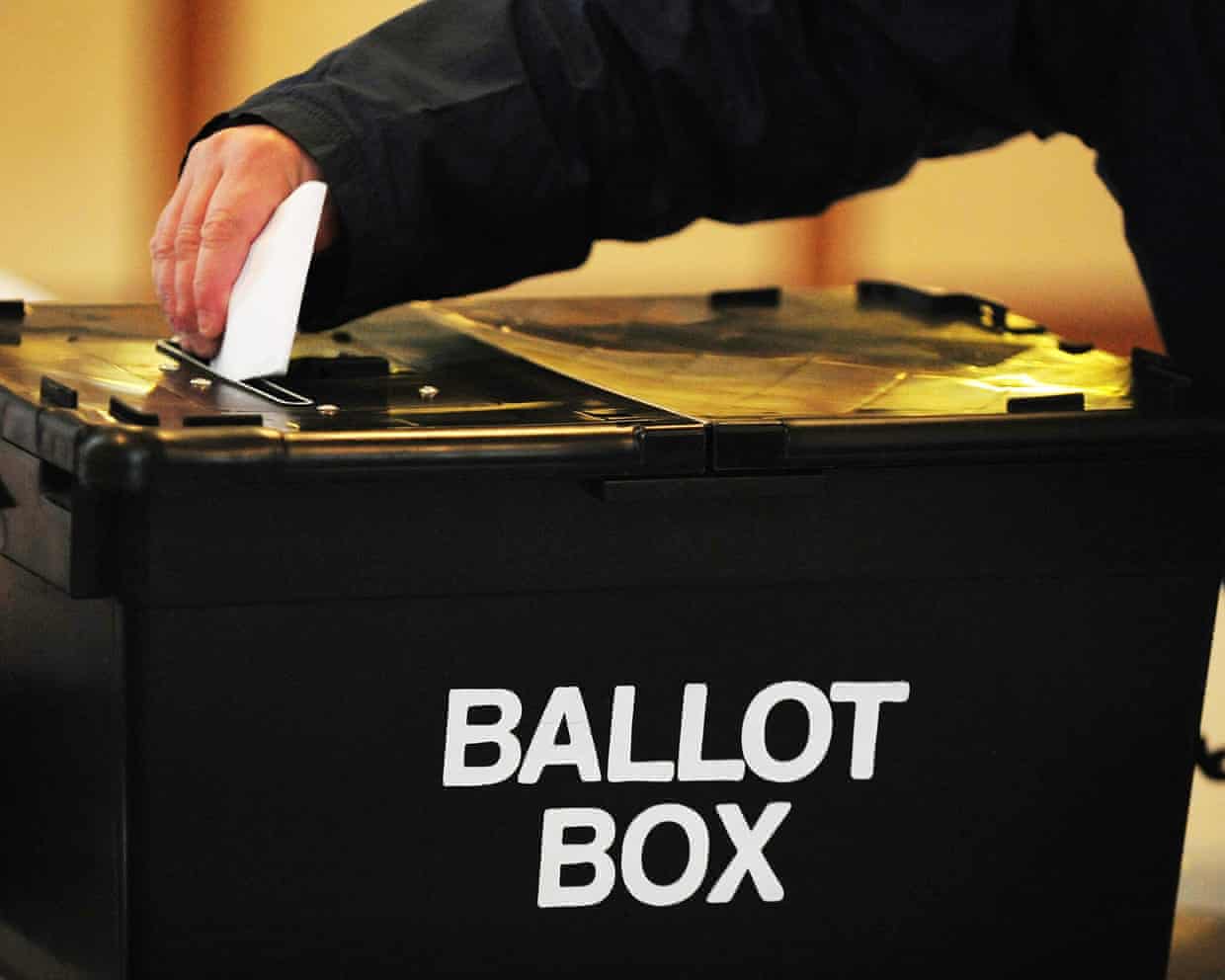
Politicians urge Labour to restore Electoral Commission independence
Keir Starmer is being urged to restore independence to the Electoral Commission, with MPs and peers likely to launch a battle to amend the elections bill in the new year.In a letter to the prime minister, MPs and peers will warn the elections watchdog should not be overseen by the political parties in charge of holding to account.The government is to publish an elections bill early next year, bringing in votes for 16-year-olds and cracking down on loopholes in how political donations are made.However, it is resisting returning independence to the Electoral Commission after Boris Johnson put it under the control of ministers, who can now annually set its priorities and direction.When the Conservatives introduced the new power, the House of Lords passed a cross-party amendment led by the cross-bench peer Lord Judge and co-sponsored by the former Labour home secretary David Blunkett to overturn the change – only for it to be changed back by the Commons
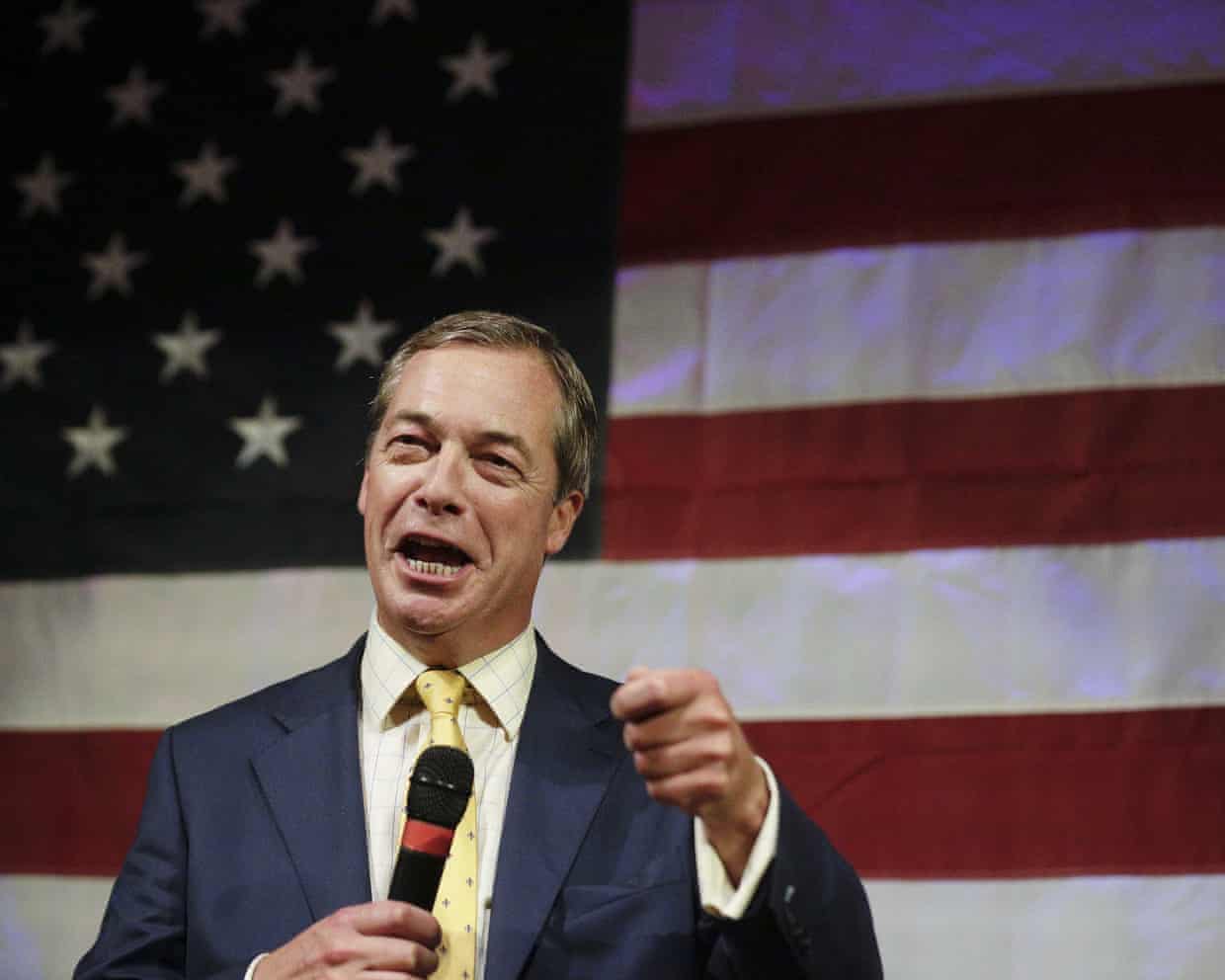
Farage urged to explain conspiracy theories linked to antisemitism he voiced in US media
Nigel Farage is facing calls to explain why he repeatedly aired tropes and conspiracy theories associated with antisemitism during interviews, after claims the Reform UK leader used racist language in his teens.In appearances on US TV shows and podcasts earlier in his political career, Farage discussed supposed plots by bankers to create a global government, citing Goldman Sachs, the Bilderberg group and the financier George Soros as threats to democracy.These included six guest slots on the web TV show of the disgraced far-right US conspiracy theorist Alex Jones. Jones was successfully sued by bereaved parents after claiming the 2012 Sandy Hook elementary school massacre was faked.During one interview with Jones in 2018, Farage argued that “globalists” were trying to engineer a war with Russia “as an argument for us all to surrender our national sovereignty and give it up to a higher global level”

Motability scheme to drop BMW and Mercedes as it aims to buy UK-made cars
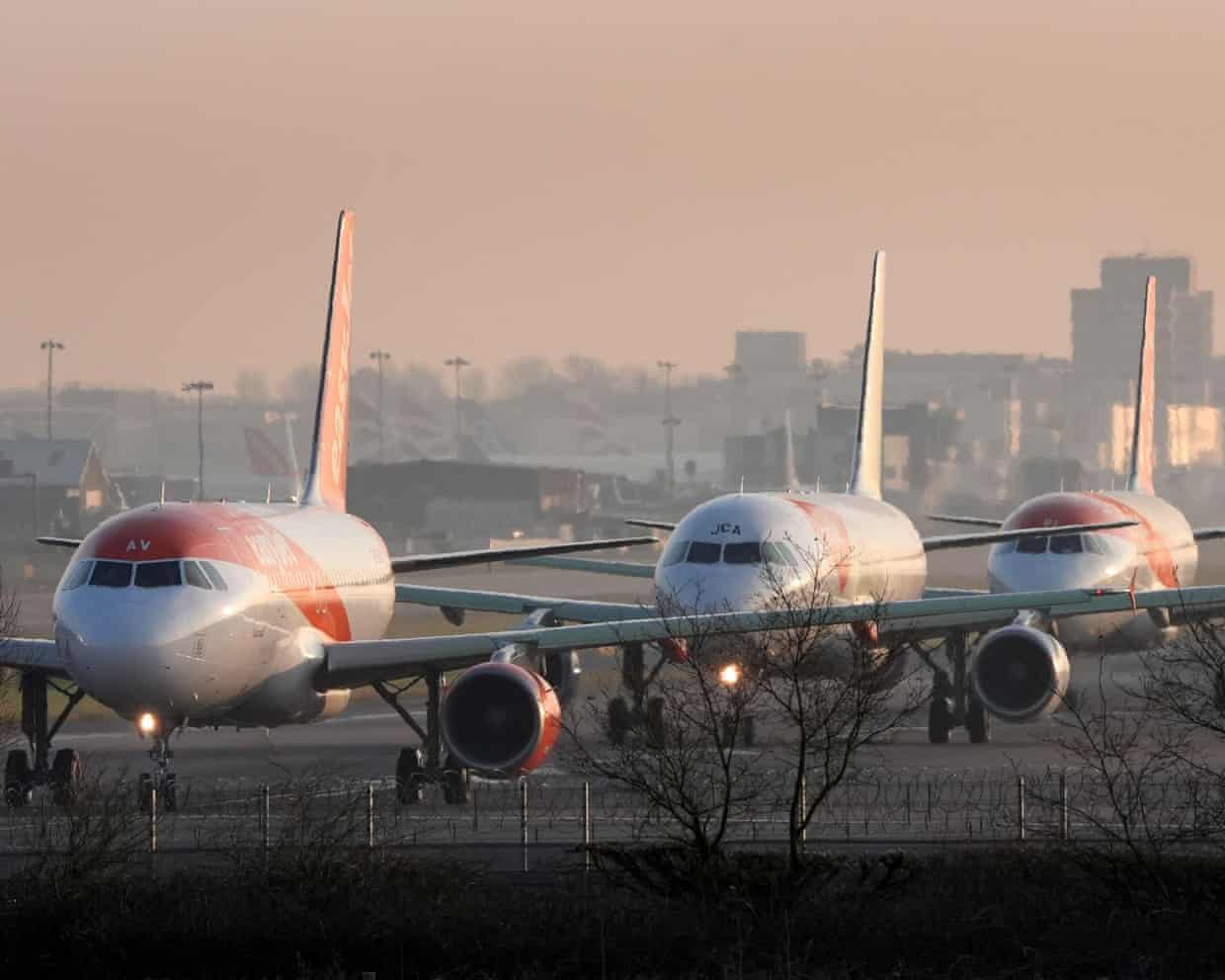
End the tax break that makes flying cheaper than trains | Letters

‘It’s hell for us here’: Mumbai families suffer as datacentres keep the city hooked on coal

One in four unconcerned by sexual deepfakes created without consent, survey finds
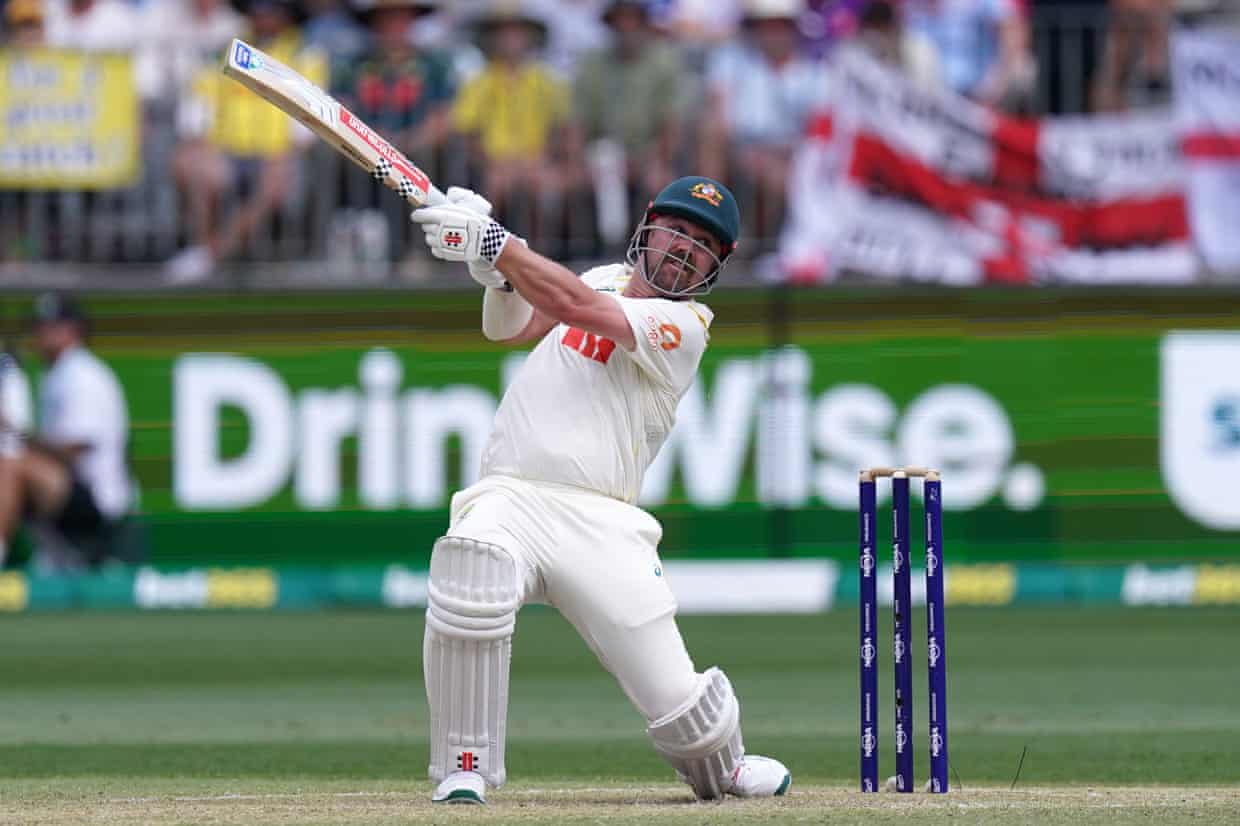
Travis Head’s devastating knock gives Australia’s selectors a dilemma

England asked for CCTV footage of Tom Curry’s alleged tunnel scuffle